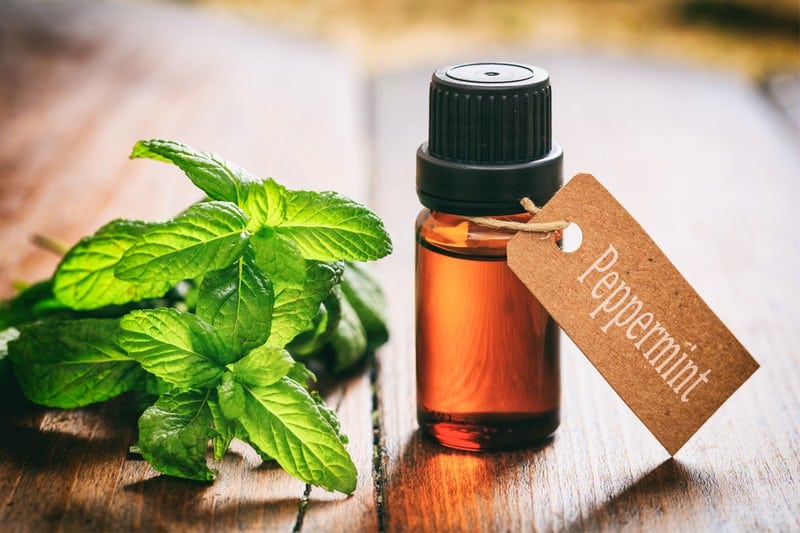Peppermint

Regular episodes of heartburn may lead to ulceration and swelling of the gut mucosal layer, causing pain. Peppermint is an effective all-natural remedy for dyspepsia or indigestion. However, knowledge of the proper doses for this remedy is important as this may be harmful at higher doses, particularly for those who suffer from chronic GERD.
High dosages of peppermint relax the lower esophageal sphincter (LES), which is responsible for keeping stomach acids from rising to the esophagus resulting in heartburn. If you have been using antacids for a long time to treat GERD symptoms, it is essential to note that peppermint is easily dissolved in the stomach and may react with these medicines. You must first consult your doctor if you decide to use it as an alternative treatment.
A cup of peppermint tea can help decrease the feeling of fullness after a meal and aids in digestion. It increases the rates of gastric emptying, decreasing the chances of getting gastrointestinal distress, including heartburn. Peppermint oil is also an excellent antispasmodic cure, lessening spasms in the lower gastrointestinal tract. But with all of its benefits, peppermint works best as a preventive measure than a cure for heartburn.










